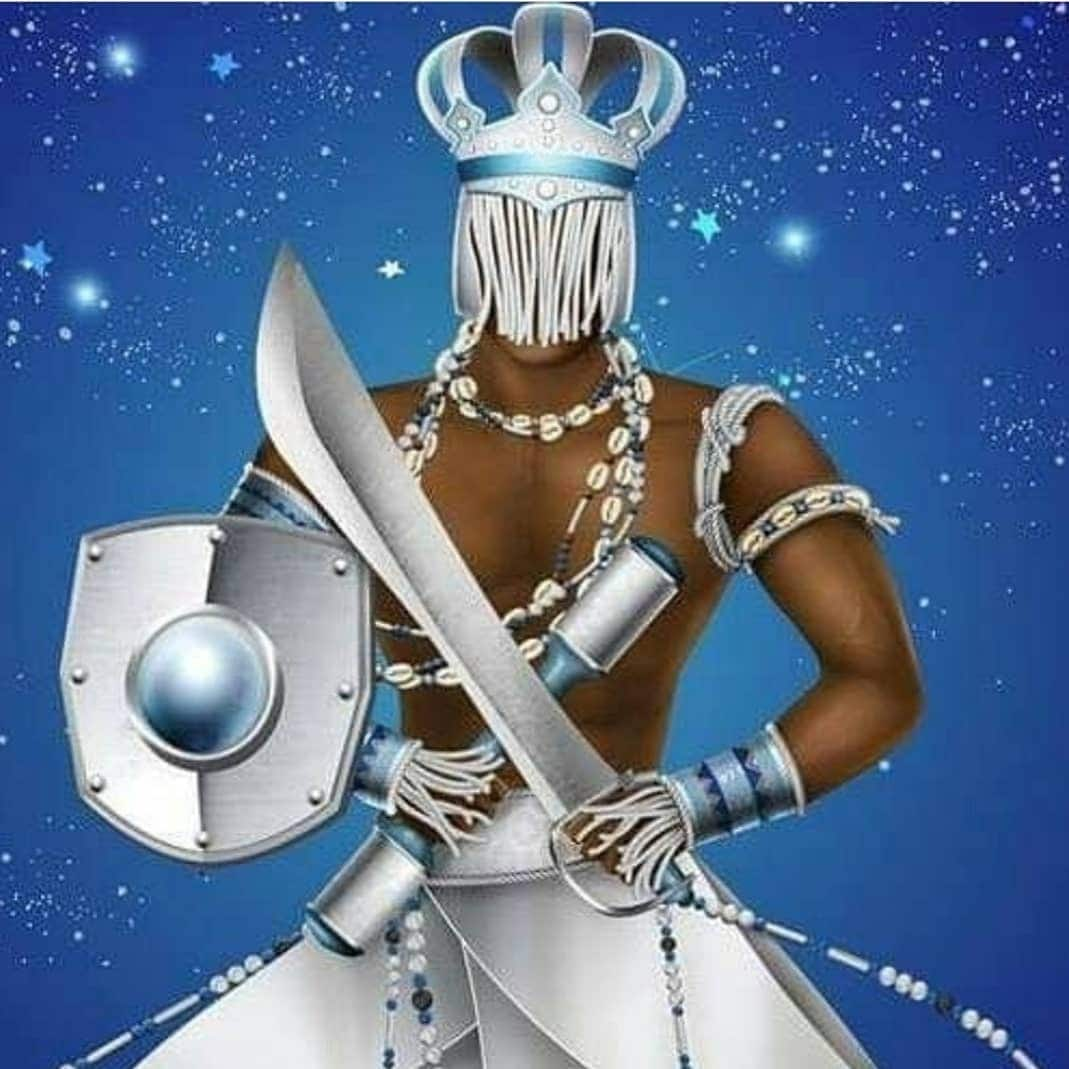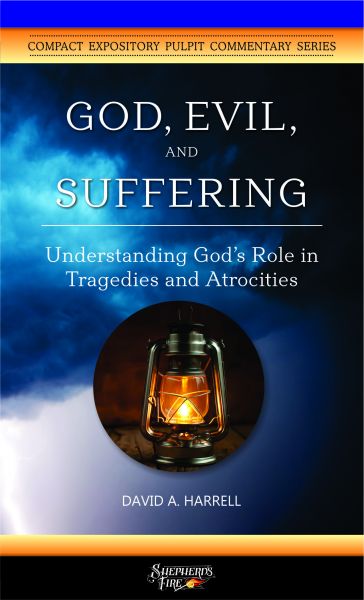

Finally, beliefs in predestination and reincarnation are also prevalent, involving both the High God and the ancestors. Medicines are yet another category of spiritual forces and can be viewed not only as magical means of manipulating the universe, but also as devices for communicating with the gods. Both the spirits of natural forces and the ancestors are much more particularized and localized than is the High God. However, the moral force is upheld not so much by the High God as by spirits of natural forces, sometimes referred to, when personified, as demi-gods, and by the dead, notably the legitimized and formally recognized ancestors. The broadest among these and the one which serves as a Final Cause is the concept of High God. In West African belief there are a variety of spiritual forces which relate man to the world order, both natural and moral.

Some Prevalent West African Religious ThemesĢ.1.1. In the second section, an overview of some of the main features of the belief system of Onitsha Ibo religion will then be provided. When the many similarities and variations obtaining throughout the West African area have been considered, it becomes possible to see from a comparatively informed perspective how Onitsha religion relates both to social structural problems and historical and cultural factors. In the first section of this chapter, several recurrent themes in West African religion will be examined. Since we take these fundamental ordering conceptions as an important aspect of religion, it will be useful to begin from the fairly broad base of a discussion of West African religion in general.

The Ibo world-view may be classed in broadest terms as a “monistic”, personalized one (Bellah 1964:364) and as such it is a species of a very distinctive type, found quite generally in pre-colonial Sub-Saharan West African. Such systems of conceptions vary widely but not, it may be presumed, infinitely. Religion is in part a system of general ordering conceptions that place man in his physical, organic, psychological, social, and cultural universe.

She said the five kidnapped girls were Naomi Titus, Lami Yirma, Hauwa Gwarabutu and two sisters, Rahap and Saratu Born. One resident, Victoria Dunga, identified the Christians killed as Joseph Sangula, Ayal Yerima Kau and Friday Abdu. The terrorists burned down the village’s EYN worship building. Just six days earlier, in nearby Kautikari, Iswap militants killed three Christians and kidnapped five Christian girls, local residents said. We need your prayers for God’s deliverance from these forces of evil.’ ‘More than two dozen houses were burned down, and I must say that these attacks on our communities are getting out of hand. ‘One of the girls kidnapped I know in person is Miss Roya Joel,’ Nkeki said. It is understood that four believers were killed and a total of 22 girls kidnapped in Islamist raids in the Chibok area of Borno state in the past two weeks.Ī local resident, James Nkeki, is reported to have said that terrorists belonging to Islamic State West Africa Province (Iswap), formerly known as Boko Haram, attacked Pemi village last Thursday (January 20), killing a Christian identified as Blan Gutto, kidnapping 17 Christian girls aged 10 to 13 and burning down a Church of the Brethren in Nigeria (EYN) building. Christians in northern Nigeria are appealing for your prayers after yet more attacks on their communities by extremists.


 0 kommentar(er)
0 kommentar(er)
